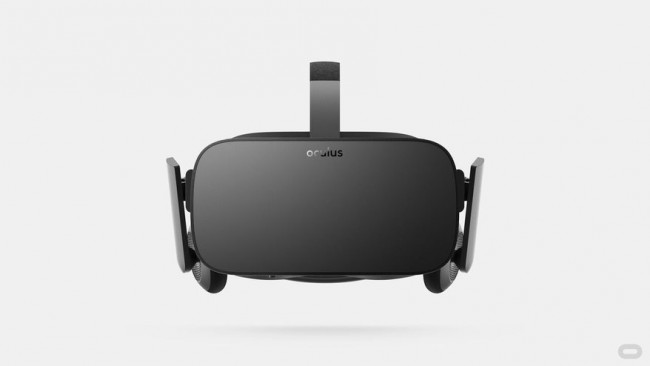Virtual Reality is brand new technology to the consumer market and the Oculus Rift headset has a lot of support behind it. However, as is the case with most brand new devices, there will be a cost premium associated with being an early adopter. We recently learned that the first consumer Oculus Rift would likely cost more than $350, making it a pretty big purchase, even if you already have the graphics horsepower to run one.
While the cost of the Oculus Rift will drop over time, the initial batch is “tasked with convincing the world that it wants VR, Oculus founder Palmer Luckey explained over on Twitter. “Many people will wait a gen or two to adopt, and that is okay.”
“If we are successful, nobody will question how cool VR is – it will all be a matter of cost. The opposite would be bad. If people are underwhelmed by VR when they try it, price cuts won't change their mind.”
Virtual reality gaming will get cheaper over time, as long as there is enough demand there for it. On top of that, people adopting VR will also convince publishers to develop for the platform, while there are a lot of studios making projects for VR right now, none of the big publishers have really stepped in to the ring yet. A stronger software library will also likely lead to strong hardware sales, similarly to consoles.
Discuss on our Facebook page, HERE.
KitGuru Says: The first Oculus Rift has to impress users when it launches next year, otherwise consumer interest in virtual reality may start to dwindle. While the gaming crowd will be amongst the first to adopt, Oculus has said plenty of times that it doesn't want the Oculus to just appeal to gamers, which is why the device needs to break in to the mainstream.
 KitGuru KitGuru.net – Tech News | Hardware News | Hardware Reviews | IOS | Mobile | Gaming | Graphics Cards
KitGuru KitGuru.net – Tech News | Hardware News | Hardware Reviews | IOS | Mobile | Gaming | Graphics Cards



